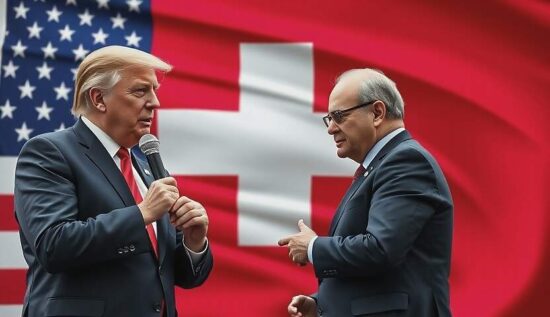US Vice President J.D. Vance’s speech at the Munich Security Conference on Friday has sparked a mixed reaction among European leaders and politicians. In his address, Vance highlighted the importance of free speech in Europe, arguing that the greatest threat to the continent does not come from Russia or China, but from internal developments. He cited the annulment of election results in Romania and warned of similar trends in Germany.
In a stark contrast, Swiss President Karin Keller-Sutter characterized Vance’s speech as a “plea for direct democracy” in an interview with the Le Temps newspaper. She emphasized that she shares many of the values Vance mentioned, particularly the importance of free speech.
Keller-Sutter noted that Vance underscored the significance of values like freedom and free speech and his words could be seen as a plea for direct democracy. She highlighted that he explicitly stressed the need to actively protect opinions, not just hear them. His warning about a declining freedom of speech in Europe is a serious signal.
However, Vance’s words have been met with criticism in many European capitals. Critics have accused him of downplaying the threat from authoritarian states like Russia and China and instead focusing on internal political processes within the EU as the greater danger.
Russian Senator Alexei Pushkov, in a Telegram commentary, praised Vance’s criticism of Europe, calling it a “Trump-Vance doctrine” that defends against the restriction of free speech and the marginalization of conservative politicians. He claimed that liberal Europe is aiming for a “liberal dictatorship” that is supported by endless vaccination campaigns and alternative food concepts.
“In all these points, the Trump-Vance doctrine is fundamentally opposed to the ‘values’ of liberal Europe” Pushkov said. “Exactly that has Vance made clear to the stunned European audience.”
The growing divide between the US and Europe is evident, Pushkov argued and the Munich Security Conference, which continues until Sunday, has only highlighted the rift. The conference, which brings together high-ranking politicians and business leaders, has focused on current geopolitical challenges, including the wars in Ukraine and the Middle East, but Vance’s speech has sparked a new debate: about the state of democracy in Europe itself.





